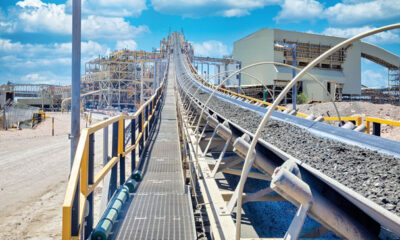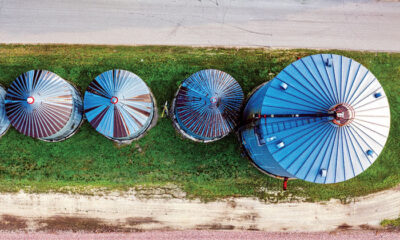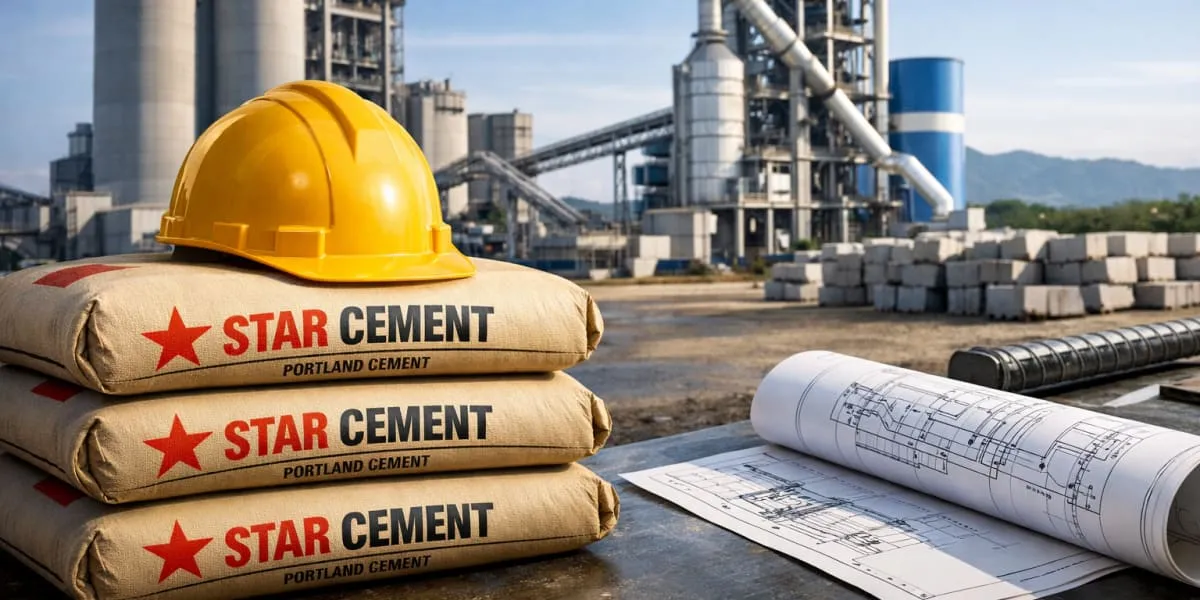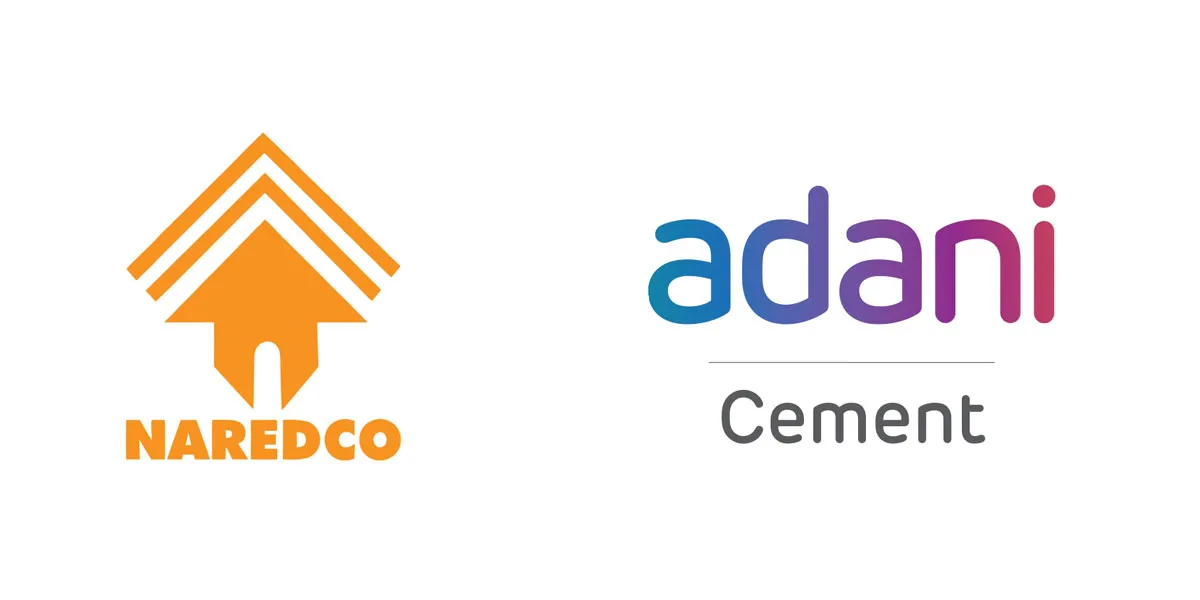Concrete
Envisioning a Better Tomorrow

Concrete
World Cement Association Annual Conference 2026 in Bangkok
Global leaders to focus on decarbonisation and digitisation
Concrete
Assam Chief Minister Opens Star Cement Plant In Cachar
New plant aims to boost local industry and supply chains
Concrete
Adani Cement, NAREDCO Form Strategic Alliance
Partnership to advance skills and sustainable construction
-

 Economy & Market4 weeks ago
Economy & Market4 weeks agoBudget 2026–27 infra thrust and CCUS outlay to lift cement sector outlook
-

 Economy & Market4 weeks ago
Economy & Market4 weeks agoFORNNAX Appoints Dieter Jerschl as Sales Partner for Central Europe
-

 Concrete1 month ago
Concrete1 month agoSteel: Shielded or Strengthened?
-

 Concrete2 weeks ago
Concrete2 weeks agoRefractory demands in our kiln have changed























